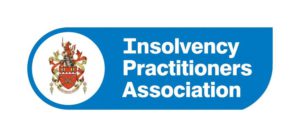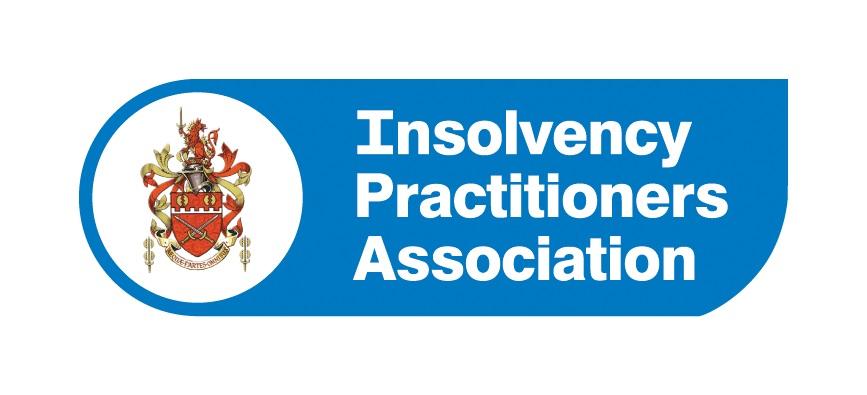In the UK, winding up a company, any liquidation process and some debt management or business rescue arrangements must be handled by a licensed insolvency practitioner, or IP. An IP is authorised, according to the provisions of the Insolvency Act 1986, to handle individual and company solvency and insolvency matters.

Who can act as an insolvency practitioner?
A solicitor, lawyer or an accountant can offer insolvency practitioner services but only if they are registered and authorised by a recognised professional body (RPB). However, many insolvency practitioners specialise in this legal area. To qualify as a licensed insolvency practitioner, they must pass a comprehensive exam set by the Joint Insolvency Examination Board (JIEB).
The exams consist of two papers; one deals with personal, or individual, insolvency matters and the other paper deals with corporate insolvency. Both papers have to be passed. It is also a requisite to gain as much hands-on practical experience as possible to meet the criteria of the RPB before they will grant a licence to accept insolvency cases. The IP will also need to have in place professional indemnity insurance and a general insolvency bond to qualify as an IP.
Insolvency practitioner services will include acting as:
-
- Liquidator
-
- Administrator
-
- Trustee in a bankruptcy case
-
- Nominee or supervisor in a voluntary arrangement
In most circumstances, the advice of an IP will be sought by individuals or companies struggling with debt issues. The directors of an insolvent company will appoint an IP to act as administrator or liquidation. With an individual entering bankruptcy or a voluntary arrangement with creditors, either they instruct an IP or the court will.
In any insolvency case, the IP starts by providing advice to the individual or the company’s board of directors. Should the situation move to administration, liquidation or bankruptcy, the IP is appointed as liquidator and begins to act on behalf of the creditors.
When acting on behalf of creditors, the main duty is to return the best outcome for them. This may include activities such as collecting outstanding payments, analysing the insolvent company’s situation, which could include finding hidden assets, and releasing funds from the sale of assets.
An insolvency practitioner’s principal duties
A company or individual is not allowed to enter any of the following legal procedures without an IP:
-
- Creditors Voluntary Liquidation (CVL)
-
- Members Voluntary Liquidation (MVL)
-
- Individual Voluntary Arrangement (IVA)
-
- Company Voluntary Arrangement (CVA)
-
- Compulsory liquidation
-
- Administration or voluntary administration
-
- Bankruptcy
Also known as an official receiver, the IP takes control of the company (with the exception of bankruptcy for an individual). One of their duties is to investigate the directors of the company for any potential wrongful act or misconduct over the first three-month period. They must submit a report of their investigation to the Secretary of State and insolvency service. Any illegal act by the directors may lead to them being disqualified from being a director of a company in the future.
Carrying out the duties of an insolvency practitioner can sometimes be complex. An IP may meet many challenges which can include:
-
- Dealing with and managing any type of business, within any industry
-
- Working out what went wrong for the company, how they got to the insolvent position, and reporting the outcome to creditors
-
- Taking any necessary steps to rescue a business if possible, and preserving jobs for employees
-
- Handling complex legal claims, particularly with any parties involved with the company that contributed to the company becoming insolvent
-
- Being an intermediary between the company and its creditors, negotiating with both parties to establish suitable repayment solutions in order to avoid insolvency, if possible.
Who regulates insolvency practitioner services?
Insolvency practitioners are regulated by recognised professional bodies who also issue licenses to qualified insolvency practitioners. In turn, the RPBs are overseen by the Insolvency Service in the UK to ensure they are correctly monitoring their IP licence holders.
Every three years, the Insolvency Practitioners Association (IPA) will visit IPs to ensure the RPB’s standards are being met, as well as conduct self-certification on cases over that period. RPBs expect their licensed IPs to take part in continuing professional education yearly to make sure they keep up to date with regulations and their training.
The RPBs that monitor and regulate the actions of IPs in the UK include:
-
- The Association of Chartered Certified Accountants (ACCA)
-
- The Insolvency Practitioners Association (IPA)
-
- The Institute of Chartered Accountants in England & Wales (ICAEW)
-
- The Institute of Chartered Accountants in Scotland (ICAS)
All insolvency practitioner services are governed by the Insolvency Act 1986.
When choosing an IP, ensure they are fully qualified, fully licensed – they will have an awarding body number that you can cross-reference with the respective RPB – and regulated. The Insolvency Service’s website lists the details of all licensed insolvency practitioners in the UK.
In the case of an insolvent individual, choose an IP that has experience in handling personal insolvency cases and is able to demonstrate this. In the case of insolvent companies, choose an IP that has experience in handling insolvency cases in your type of business and industry. Alternatively, seek a recommendation from your solicitor or accountant.
In general, most insolvent companies that enter into a CVL, CVA, MVL or compulsory liquidation process have already been working with an insolvency practitioner. The IP will usually later be appointed the official liquidator for continuity of knowledge about the business, although they will transfer to working for the creditors.
Although there are over 1,700 licensed insolvency practitioners in the UK, not all of them are accepting insolvency cases. However, only a relatively small number of licensed IPs has a team of staff that are sufficiently and appropriately trained to work with insolvent companies.
Company or individual insolvency is not something that any business wants to deal with. However, the sooner a financial problem is recognised, the sooner it can be dealt with and the more potential the company has to recover. For more information on how our professional insolvency practitioners may be able to help your business, contact us today.




